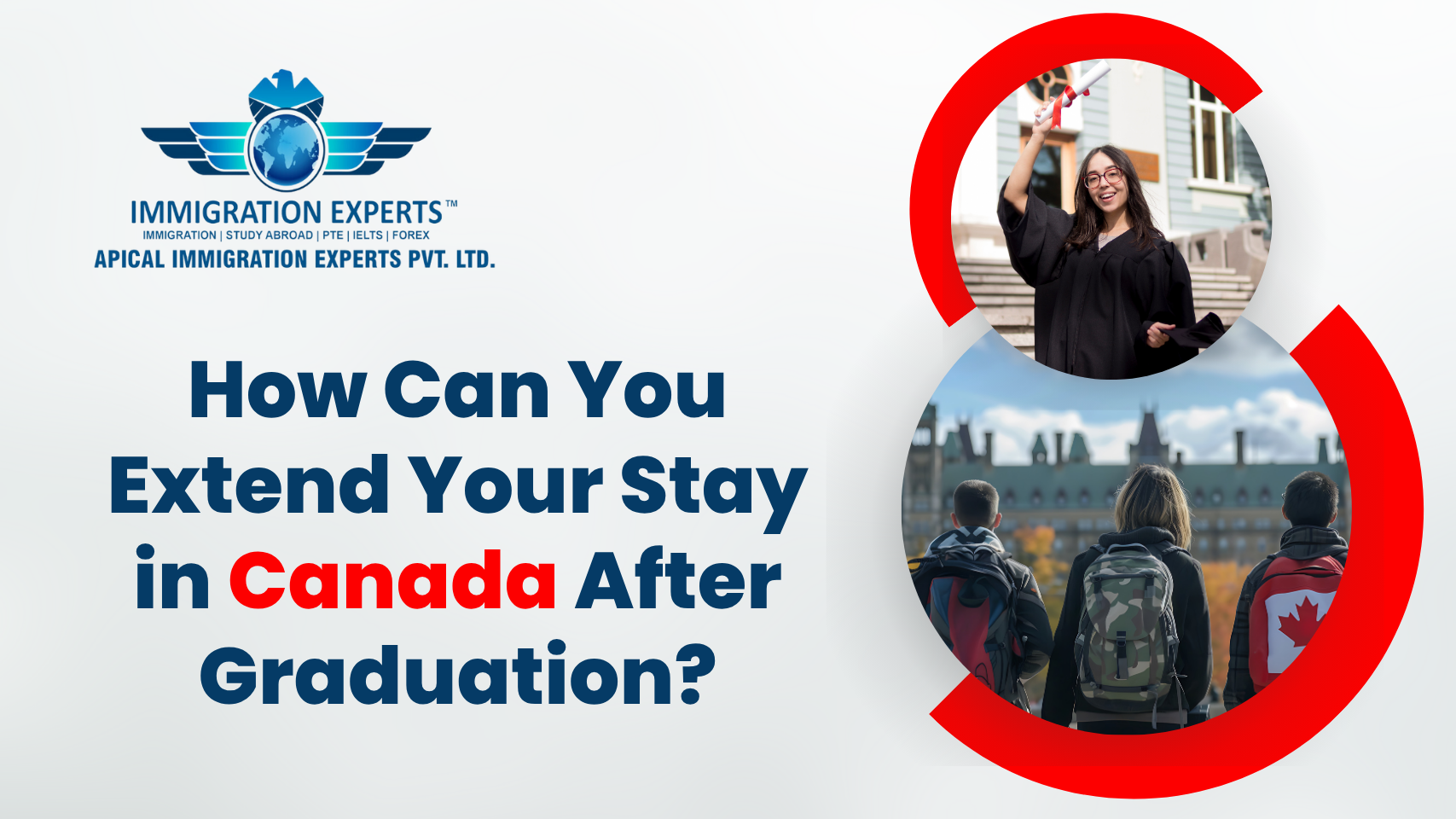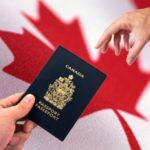Canada is a top choice for international students, known for its world-class education system, multicultural society, and welcoming immigration policies.
If you’ve recently graduated from a Canadian institution, you’re probably wondering: What’s next?
Thankfully, Canada offers several pathways to extend your stay and transition from a student to a working professional or even a permanent resident.
In this post, we’ll explore the best ways to extend your stay in Canada after graduation—whether you’re looking to gain work experience, apply for permanent residency, or continue your studies.
Understanding the Process of Staying in Canada After Your Studies
-
Apply for a Post-Graduation Work Permit (PGWP)
What is the PGWP?
The Post-Graduation Work Permit (PGWP) allows international graduates from eligible Canadian institutions to work in Canada for up to three years after completing their program. This is often the first and most popular step for students wishing to remain in Canada temporarily and gain valuable Canadian work experience.
Who is Eligible?
To be eligible for a PGWP, you must:
- Have completed a program of at least 8 months in length at a Designated Learning Institution (DLI)
- Apply within 180 days of receiving confirmation (e.g., transcript or official letter) that you’ve met the requirements of your program
- Have maintained full-time student status in Canada throughout your study
Why it Matters:
Working under a PGWP not only gives you time to establish yourself in the Canadian job market, but it also counts toward work experience required for permanent residency programs like Canadian Experience Class (CEC).
-
Transition to a Work Permit (LMIA or LMIA-exempt)
If you’re not eligible for a PGWP or your PGWP is about to expire, you can apply for an employer-specific work permit.
LMIA-Based Work Permit
Your employer must obtain a Labour Market Impact Assessment (LMIA) showing there’s a need for a foreign worker to fill the job and that no Canadian is available.
LMIA-Exempt Work Permits
Some work permits are LMIA-exempt under international agreements (e.g., intra-company transfers, trade agreements like CUSMA) or if you qualify under programs like the International Mobility Program.
This route is ideal if you already have a job offer or if your employer is willing to sponsor your stay.
-
Apply for Permanent Residency
Many international graduates use their time post-graduation to gain eligibility for permanent residency (PR). The most common PR pathways include:
Express Entry System
- Canadian Experience Class (CEC): Designed for graduates with at least one year of skilled Canadian work experience.
- Federal Skilled Worker Program (FSWP) or Federal Skilled Trades Program (FSTP): May apply if you have foreign work experience or skills in demand.
- Express Entry works on a points-based Comprehensive Ranking System (CRS). Factors like age, education, language ability, and Canadian work experience influence your score.
Provincial Nominee Programs (PNPs)
Many provinces offer streams specifically for international graduates. Examples:
- Ontario International Student Stream
- British Columbia Tech Pilot
- Alberta Graduate Entrepreneur Stream
If nominated by a province, you can apply for PR with additional points added to your Express Entry profile.
-
Start or Continue Your Studies
If you’re considering a different career path or want to increase your qualifications:
- You can apply for another study permit and enrol in a graduate program, diploma, or certification.
- Doing this can enhance your resume and potentially make you more competitive for PR programs in the future.
Note: You must apply for a new study permit before your current permit expires.
-
Apply for a Bridging Open Work Permit (BOWP)
If you’ve already applied for permanent residency and your current permit (such as PGWP) is about to expire, a Bridging Open Work Permit allows you to stay and work in Canada while waiting for a decision.
You may be eligible if:
- You’ve submitted an application under Express Entry, PNP, CEC, or FSWP
- Your current work permit is set to expire within 4 months
- You’re residing in Canada at the time of application
-
Start a Business or Join Canada’s Start-Up Visa Program
If you have a strong entrepreneurial mind-set, you can apply under the Start-Up Visa Program, which allows immigrant entrepreneurs to start innovative businesses in Canada.
While this path is more complex, some provinces like British Columbia and Ontario offer entrepreneur streams tailored for recent graduates who want to start a business. Talk to our expert immigration consultants in Delhi today for personalized guidance.
-
Consider Spousal or Family Sponsorship
If you have a spouse or common-law partner who is a Canadian citizen, permanent resident, or even a skilled worker or student with a valid status, you might be eligible to stay in Canada through spousal sponsorship or dependent open work permits.
Final Tips for Extending Your Stay:
- Stay proactive: Don’t wait until the last moment to apply. Always check deadlines and eligibility.
- Maintain legal status: Avoid overstaying your visa or permit. Apply for extensions or changes before your current status expires.
- Consult professionals: Immigration laws can change. Consulting a registered immigration consultant or lawyer can help tailor the best path for your situation.
Conclusion:
Extending your stay in Canada after graduation isn’t just possible—it’s encouraged by many of Canada’s immigration programs. Whether you’re aiming to gain work experience, apply for permanent residency, start your own business, or continue your education, there’s a pathway designed for you.
Navigating these options can be complex, but with the right planning and support, you can build a long-term future in Canada.






